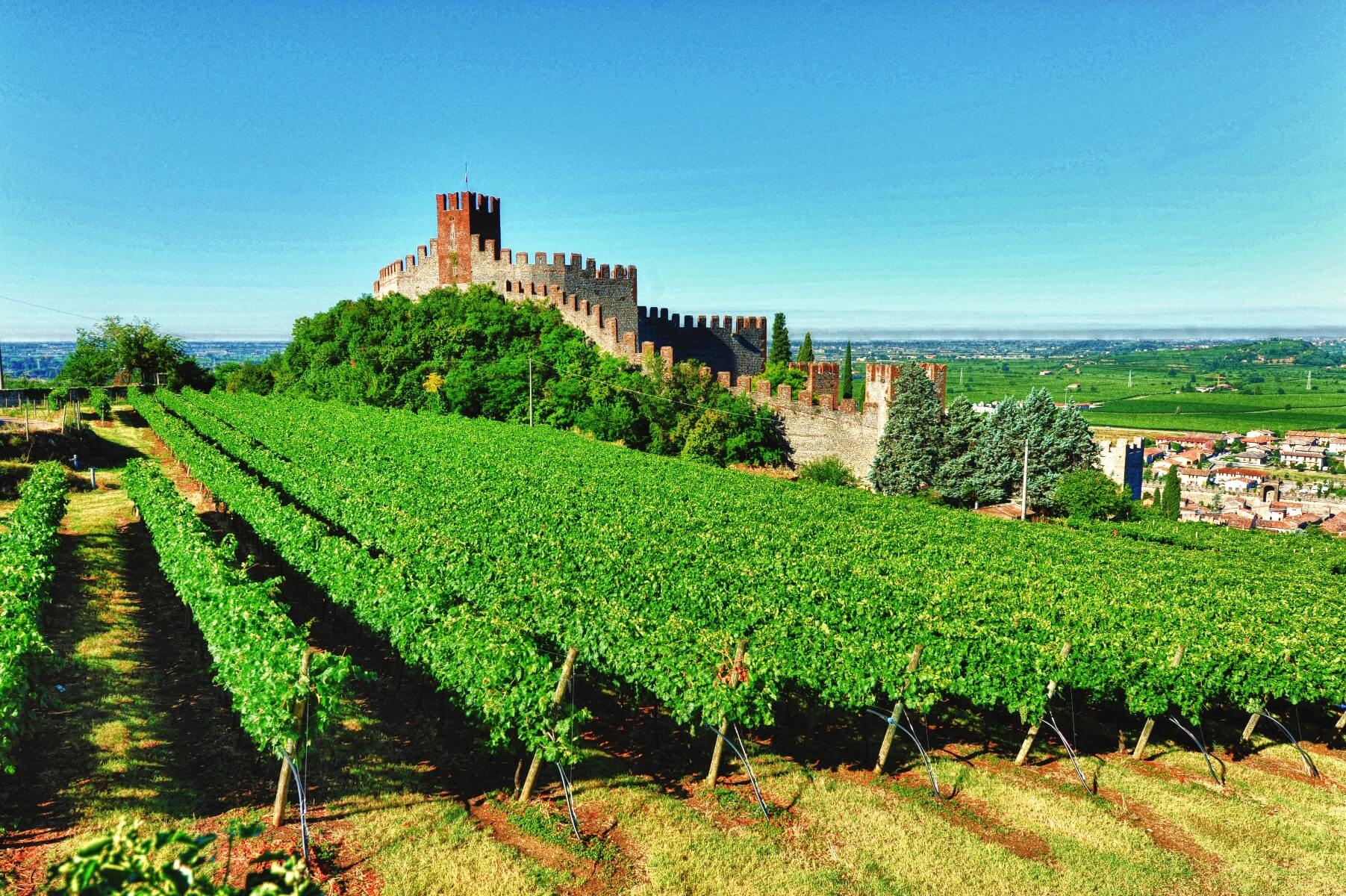

There comes a point in everybody’s life when you’ve figured out what you’re into and what you’re not. There’s no reason why you can’t become something of an expert in your own home. Here are five simple steps to bring you closer to being a viticultural know-all.
There comes a point in everybody’s life when you’ve figured out what you’re into and what you’re not.
You’ve experimented with aussie rules footy, come away with bruises and decided it’s not for you. You considered bungee jumping once, for a minute or two, just as you had a go at getting into experimental jazz before almost immediately abandoning it.
However, one thing you do like is wine. You like drinking it, you like the way it looks and tastes and smells. Your friends are always having in-depth conversations about the stuff, and you’ve decided it’s high time you joined them and made the effort to gain a bit of expertise.
Now, you could spend your time and money on a professional wine-tasting course, and for some people, this can be a great way of discovering and exploring the world of wine in a little more depth.
However, there’s no reason why you can’t become something of an expert in your own home. Here are five simple steps to bring you closer to being a viticultural know-all.
Develop your palate and discover what you like
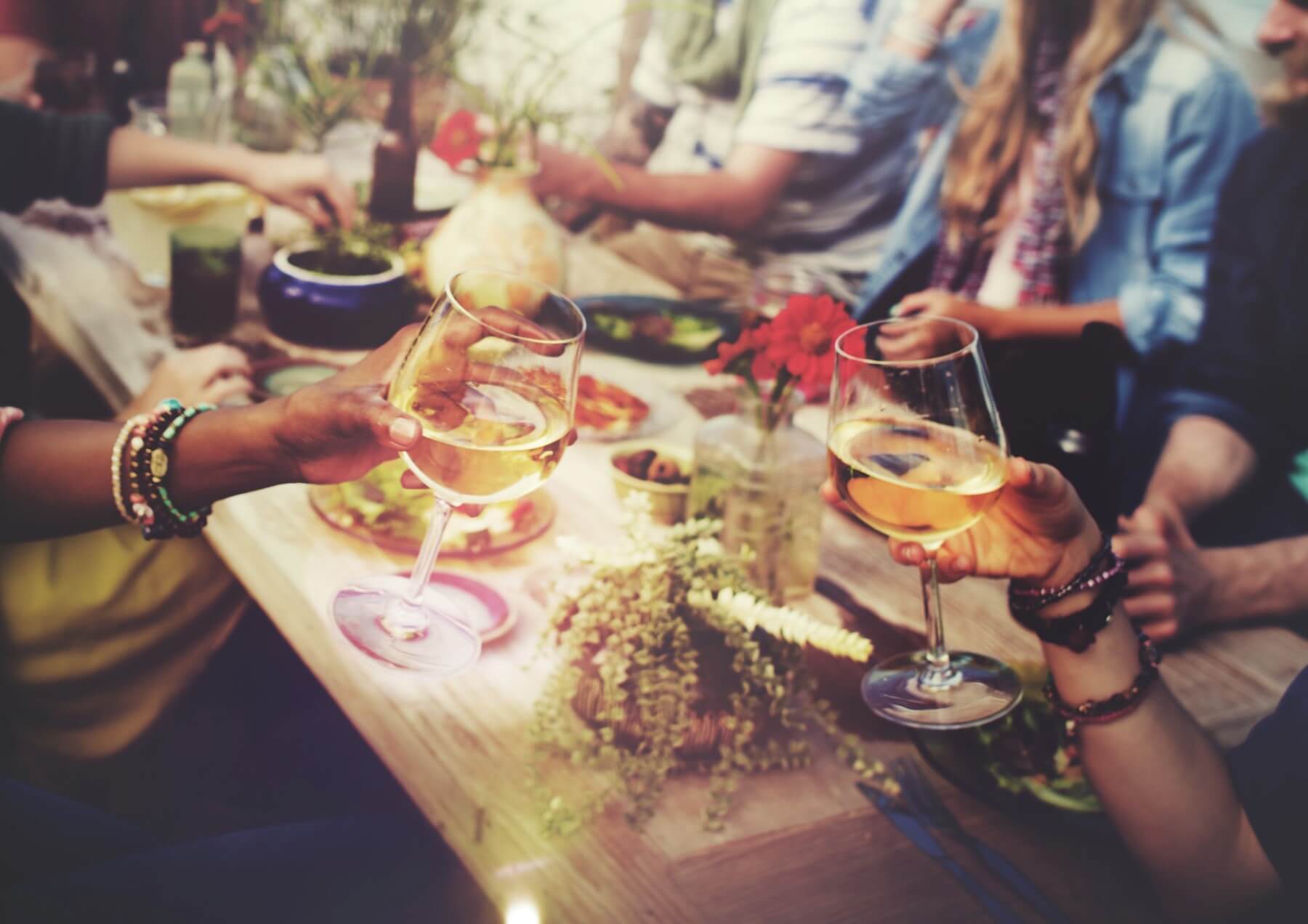
First comes the easy part. In order to learn about wine, you really have to get into drinking more of it, more regularly. Remember, you don’t have to down a bottle a night, alone in your kitchen.
There’s no reason whatsoever why this part cannot be shared with friends, or spread out over more time - in fact, discovering wines with friends is a great way to explore the drink, as you can bounce ideas off each other and debate some of the wine’s characteristics.
Developing your palate is really about learning what excites you, and the nice thing about this is that everyone’s sense of taste is different and unique.
You might really enjoy the earthy, muddy flavours of Spanish red wines, for example. I don’t, but that’s really okay.
Once you know what type of wine you’re into, you can start thinking about why you like it - is it a particular flavour that you keep coming back to? An aroma? The acidity? Thinking in this way will help develop your reactions to wine, and recognise that each wine has several individual features that work together to make a whole.
Explore what you think you don’t like
Discovery isn’t just about pleasure - it’s equally important to challenge yourself and expose yourself to what you don’t like, too.
As I just mentioned, I’m not a huge fan of Spanish red wine, as it brings back memories of murky, highly alcoholic bottles bought from the corner shop in my student days.
However, when I do drink a Spanish red that I really like, and those earthy notes begin to make sense and add something to the fruit, it’s really exciting.
This happened to me very recently, with a beautiful bottle of Catalan wine, and it became my personal wine of the year. Why? Because it challenged my palate and showed me that it’s always worth trying things a second time.
There is so much variation in wine, from region to region, year to year, that radical changes can easily occur within a single winery’s production.
I have a close friend who thought he didn’t like white wines, only reds. A quick trip to the wine store, and a bottle of Viognier, Riesling and Soave later, and he realised he simply didn’t like the white wines he’d had as a younger man.
Read, read and read
This one goes without saying, really.
You know how you look at a work of contemporary art, and you just don’t get it? And then you read the notes next to the painting, which provides a bit of context, perhaps a story or biography or sense of place, and suddenly you’re able to appreciate the same piece in a different, more rewarding way.
The same goes for many things in life, and wine is definitely one of them. There are hundreds of books written about the history and culture of wine, and thousands of blogs such as this one, designed to provide that context and give you those stories and ideas to support your understanding and enjoyment of the drink.
If you have a favourite wine, or preferred wine region, reading up on the history of that place and how it came to be the way it is can be really fascinating, and will significantly add to your enjoyment.
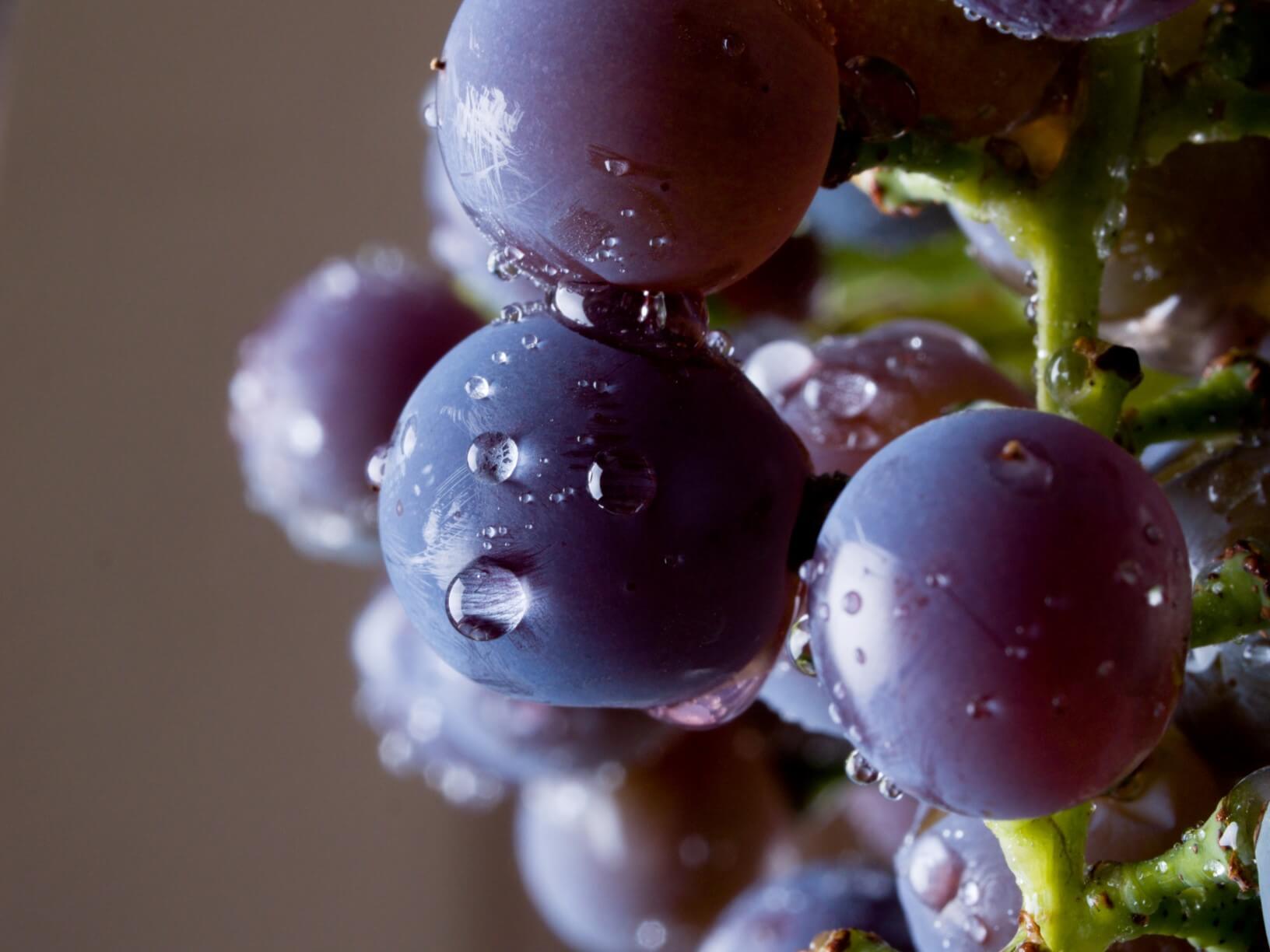
Try the weird and wonderful
Once you’ve figured out what you like, and challenged your tastebuds with what you think you don’t, it’s time to step out of your comfort zone and try the more unusual bottles out there.
There are some really interesting wines in the world, made with a range of different techniques, and trying even a few of them will expand your horizons and again, give you an idea as to how and why different wines taste the way they do.
Have a go at drinking the dessert wines made with noble rot - a type of fungus which withers the fruit, or the sweet, ice wines of Northern Germany, concentrated by letting the grapes freeze in the early winter.
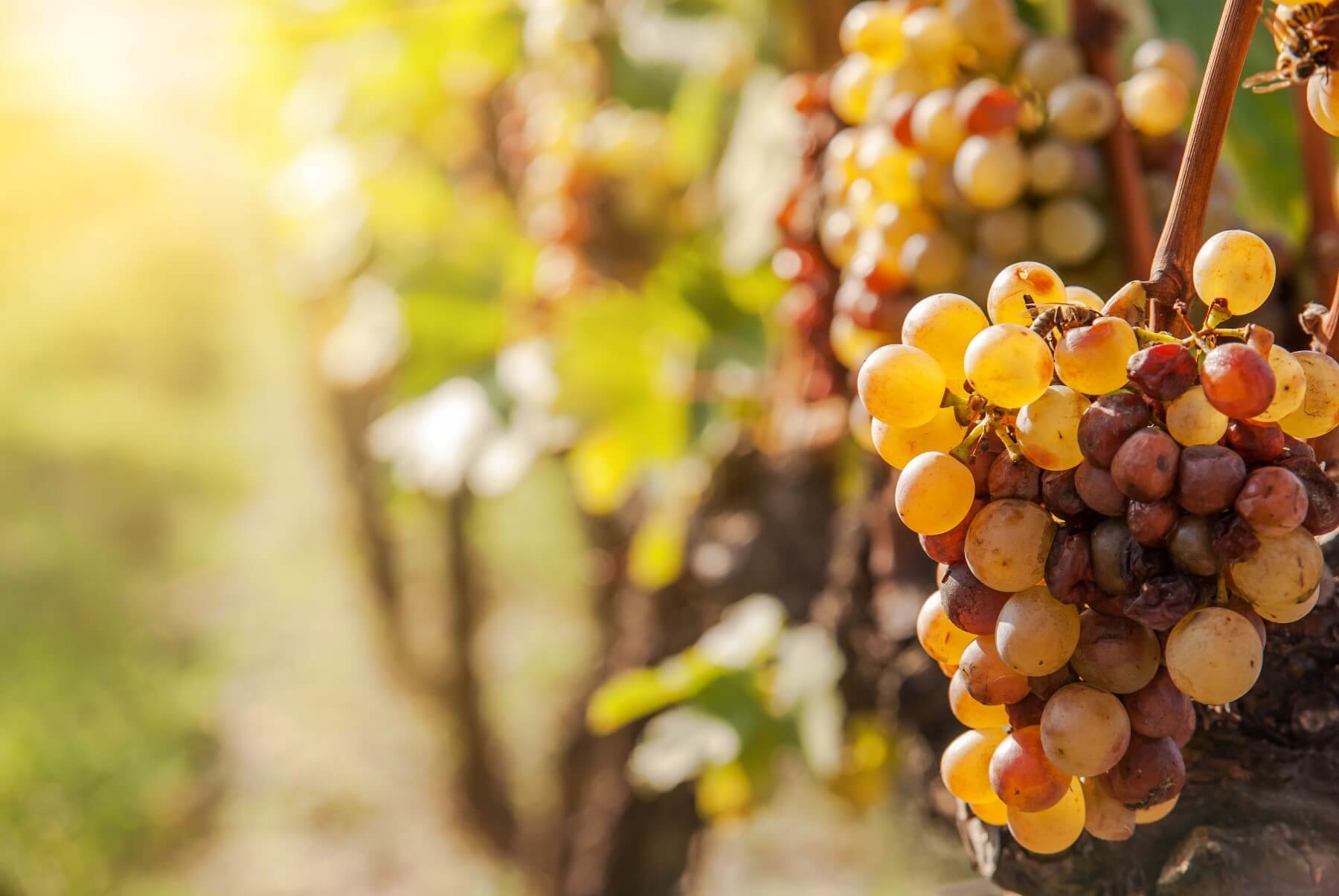
Try Retsina, a Greek wine flavoured with aromatic pine resin, or an Italian straw wine, made from shrivelled, sun-baked grapes.
Each wine - whether you love it or hate it - will have something to tell you and some lesson to teach.
Try the subtle
As well as the wacky, the strong and powerful, you need to master the art of appreciating the subtle, too. Fine wine is all about subtlety, those gentle, suggested flavours and aromas that present themselves in layers to the experienced wine drinker.
It’s easy enough to identify big, bold flavours like blackcurrant and plum, it can be a little harder to detect the softer notes, and it really does take a little practice.
Attend a wine tasting evening when you’re going to be trying small quantities of similar wines - this will train your palate to pick up on subtle differences, and because of the way our senses and memories work, once learned, these abilities are rarely lost.
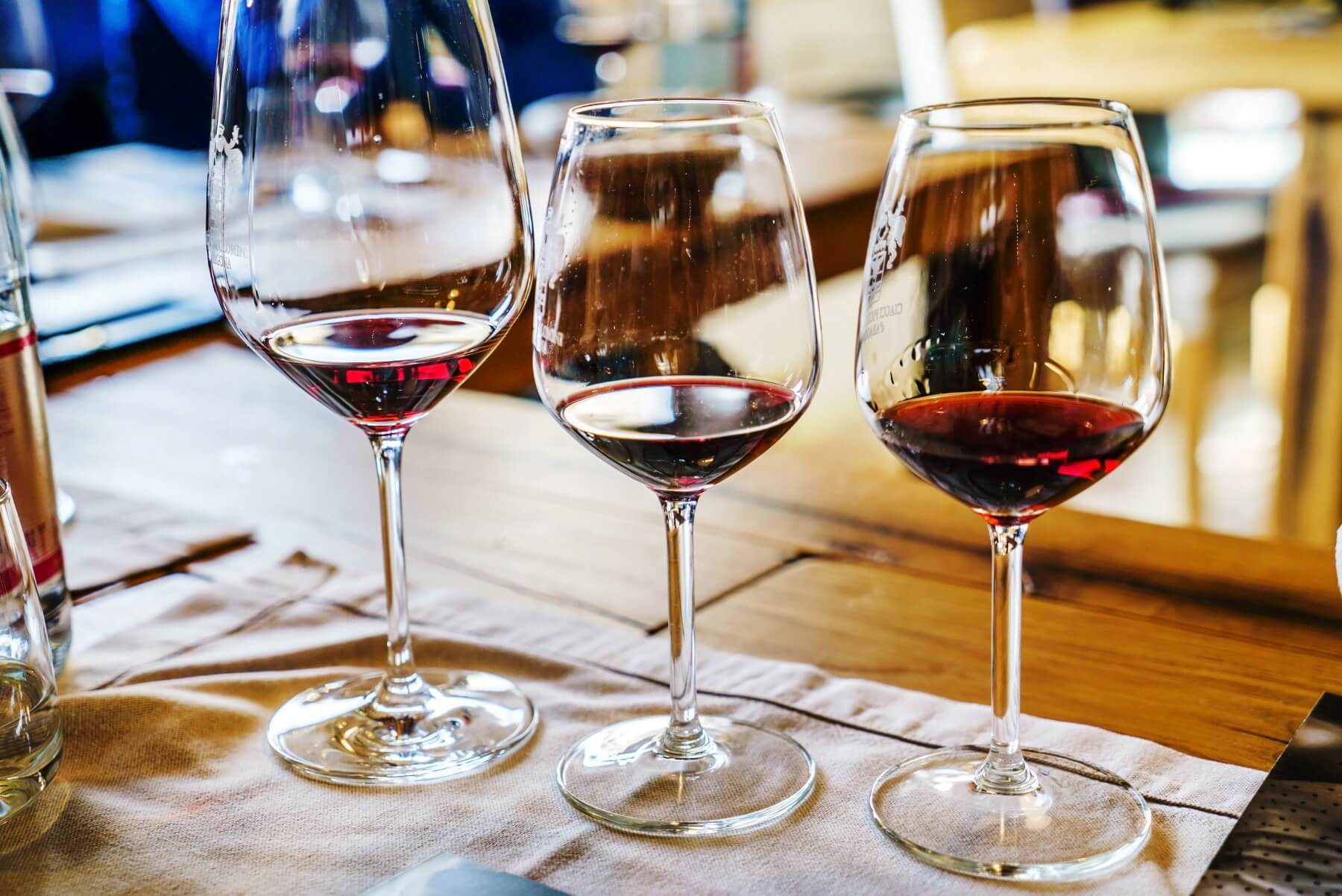
Learn also to recognise how the flavour of a wine changes from that first hit, to the moment when it is swallowed.
Take the time to recognise how different parts of your tongue and the roof of your mouth experience flavour in different ways, and try to be mindful of the whole experience - it takes time, but the rewards of training your palate in nuance and subtlety is endlessly rewarding!
Allow us to guide you into wines that truly match your personal tastes. Are you ready to get started? Take our quiz below to find out your top 3 wine types!
Next up: Take our Wine Palate Quiz and match your personal tastes to your top three wine types
Do you know your wine personality? If your answer is no, take our quiz to find out which wines to pick up next and build your box!
Build my box




